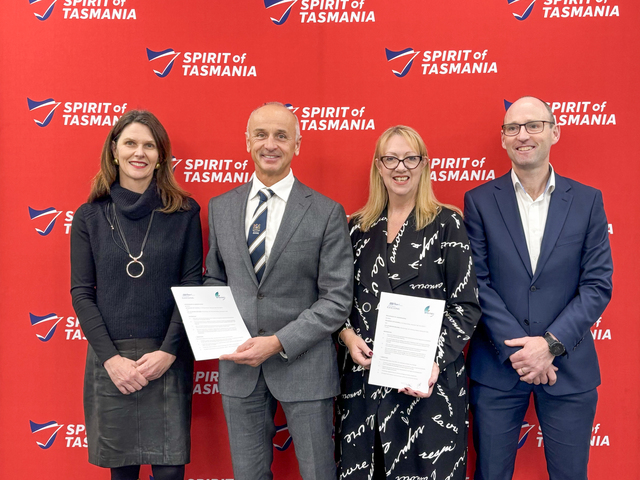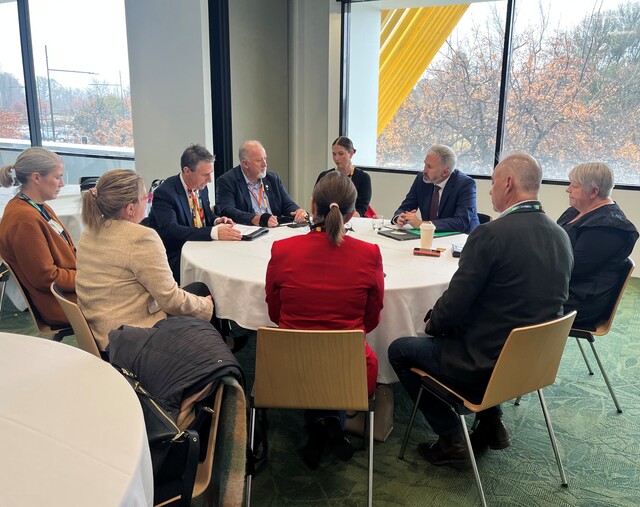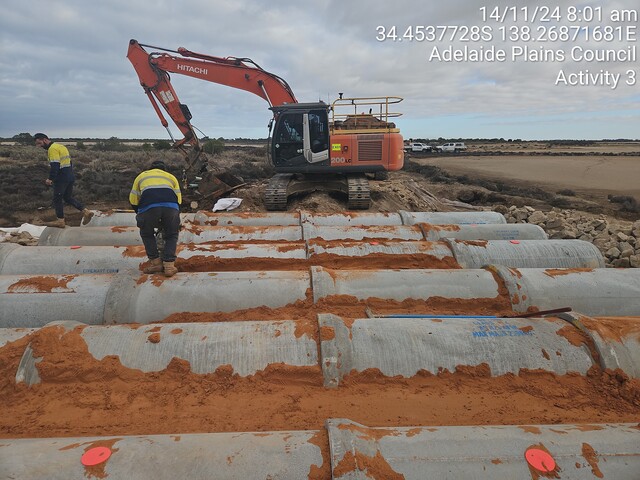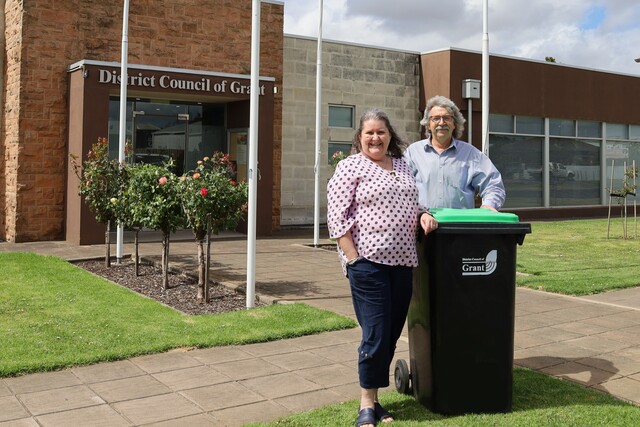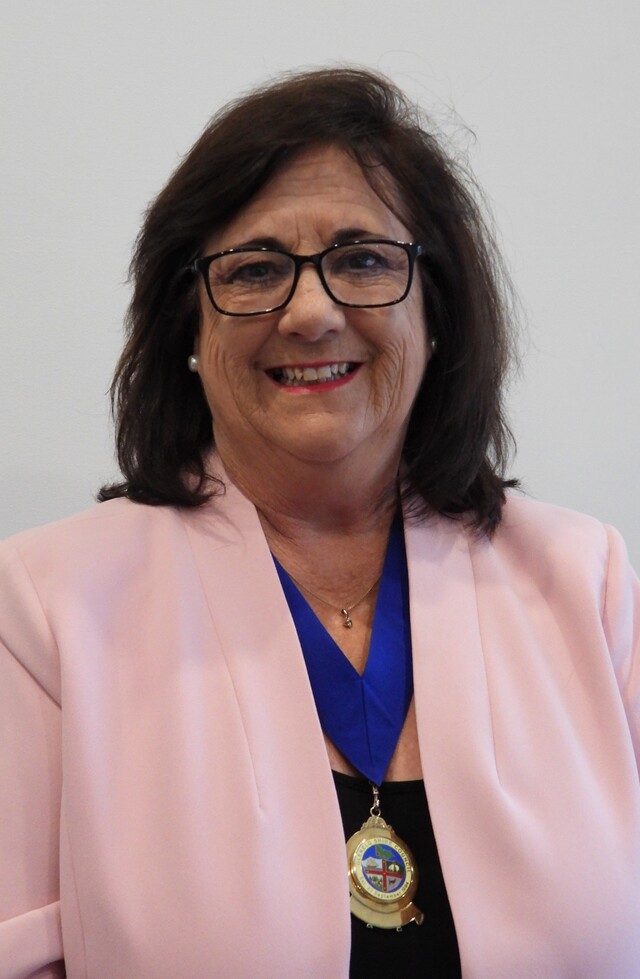Public Relations professionals from councils and peak Local Government organisations met recently in Sydney for their first annual conference as a national body. The Local Government Public Relations Association (LGPRA) was established in New South Wales 12 years ago and at the end of 2003 became a National Association. Its members now represent councils from each State, as well as the Local Government Associations in each State and Territory.
Some 100 delegates from across Australia attended the two day conference staged at Sydney Olympic park on 26 and 27 February.
LGPRA President, Lisa Smith, said that the conference is the only one of its kind specifically for Local Government PR practitioners.
“With a range of keynote speakers, workshops and opportunities to network and share ideas, the annual conference is set to become a major professional development event on the Local Government calendar,” Lisa Smith said. “With PR and communications a major plank in councils’ interface with its communities, elected members and council managers who are regularly dealing with the media would also find the conference sessions very useful.”
Using the Olympic theme ‘Entering the Arena’, the conference had three key elements vital in any PR exercise – preparation, communication and evaluation.
Presenting the keynote address, Event Specialist, Di Henry, organiser of the Sydney 2000 Olympics torch relay, said that in organising any event research is everything.
“Look at what others have done and modify your event to meet your local objectives,” she said. Currently preparing for a 12 month event for the Melbourne 2006 Commonwealth Games torch relay, Di Henry said that it is essential that this one is different, but the key is to be completely focused on where you want to get to – to be persistent and determined.
Richard Stanton from the Media and Communications Unit at the University of Sydney provided a host of tips on speech writing. He said successful speech delivery requires an active voice, being positive and reinforcing the message, eye contact with the audience and a strong belief in the message.
“In writing the speech be sure there is always an angle for journalists to run with in the print media,” he said. “Evaluation is vital. We need to assess if the speech achieved what we wanted; that is, was it effective?”
Evaluation was also covered in a workshop conducted by Peter Simmons from the School of Communication, Charles Sturt University.
He said that research shows that decision makers and managers are most likely to be evaluating and measuring performances.
“Communication audits will help PR units to be more strategically focused,” Peter Simmons said. “You need to be able to produce the numbers and verify outcomes to ensure your unit is delivering for the organisation.”


